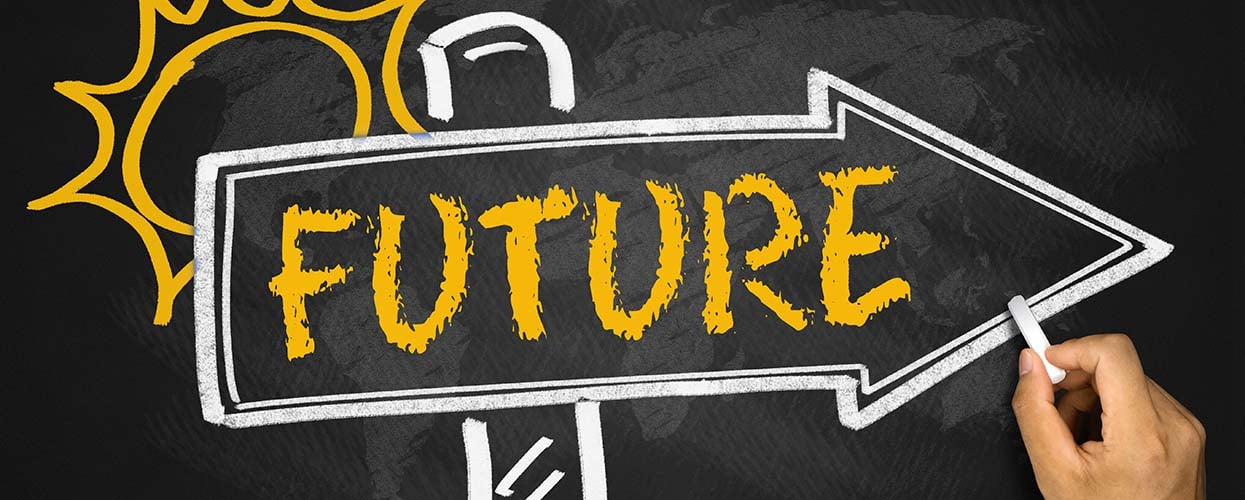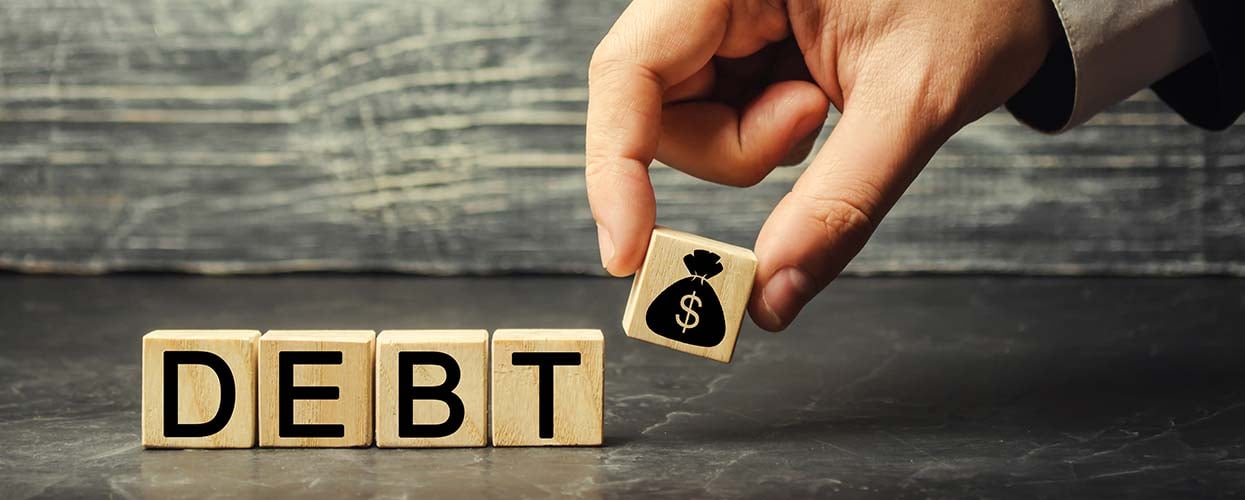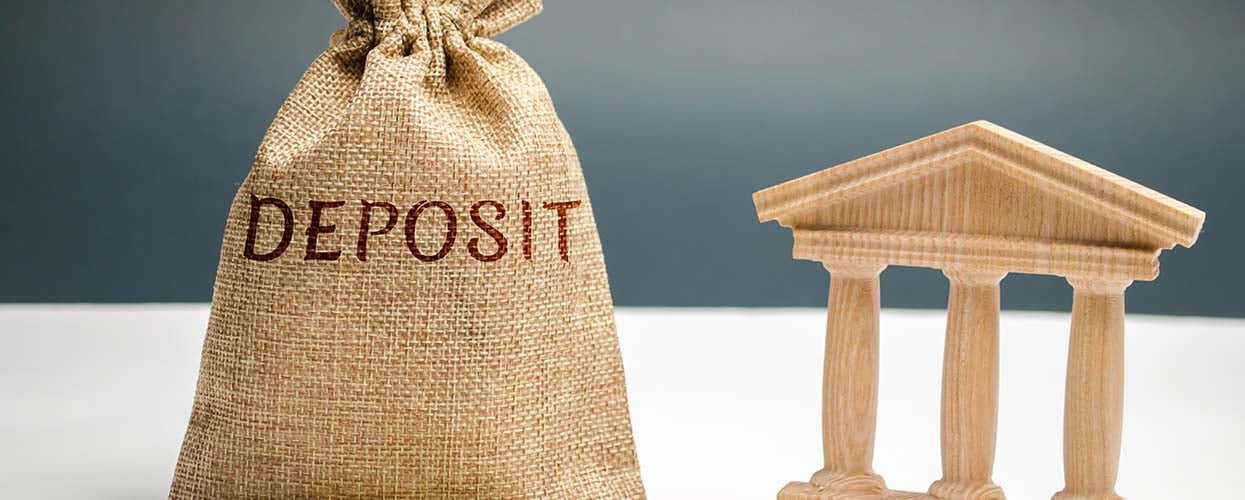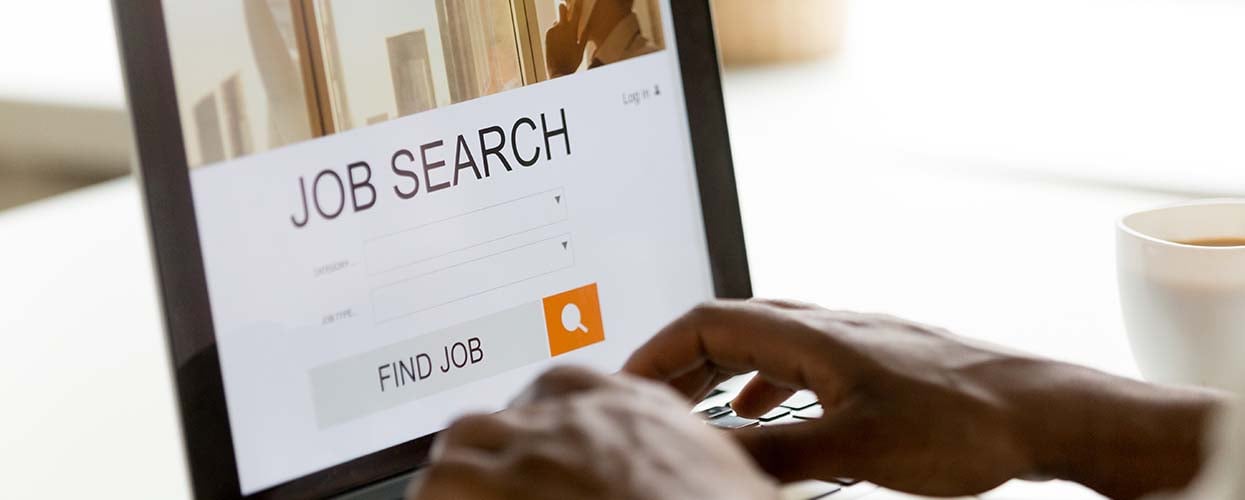Purchasing a home will inevitably be the biggest financial discussion of your life. And the decision as to whether it is the right time to purchase a home depends on a number of factors. And it is not just your finances.
Although your finances are important, other things you should consider before putting in an offer are your age, the current real estate and mortgage market and of course where you see yourself in the future.
So should you rent or purchase a home? Find out by asking yourself the following questions.

What are your future plans?
In the short term, renting is always cheaper. There are substantially less costs involved in renting, and normally just comprise of first and last months, a monthly hydro bill and maybe the actual expense to move.
Where if you decide to purchase a home there are a number of costs involved. Even once you are able to save the deposit you will need to save an additional amount to pay the costs of purchasing.
Other costs include land transfer taxes, lawyers fees and potentially closing costs. And once you do move in, your monthly bills will likely be more than if you were renting.
It is best to calculate how long you plan to stay where you are. If you plan to stay indefinitely, then purchasing is your best decision. If you plan to stay for only a few years, then renting may be substantially cheaper.
There are scenarios where this may not be the case. If you are purchasing in a large metropolitan city or in the surrounding areas of one, there is a chance that the market could go up substantially in a couple years time, in which case you would have made money. But no one knows for sure what the market is going to do, so it is best to take the risk you feel most comfortable with.

How old are you?
If you are still in your twenties you may end up relocating due to relationships or career opportunities. In which case renting would give you more flexibility than purchasing.
If you are in your thirties and are in a longer term relationship and are more established in your career, then purchasing may be a better option.
As well, most people spend their twenties saving so they can purchase in their thirties. But the sooner you know where you want to live and who you want to be with, the sooner you should purchase.

How much does it really cost?
There are a number of fees that come with home ownership. And as we have gone over a few already, it is best to run the numbers yourself so you have a better idea of how much it would cost to purchase vs rent.
Fees to purchase include saving the deposit, which is usually about 20% of the purchase price of the home. Lawyers fees, land transfer fees, closing costs if the home your purchased is new build and moving expenses including moving trucks.
You will have to furnish the new home, you may need to purchase window treatments and do any needed renovations or repairs.
And of course, your carrying costs. With renting you normally just pay your landlord once a month and then possibly a hydro bill and or tenant insurance. But when you own a home you will have to pay your mortgage, property taxes, maintenance fees if it is a condominium and any additional bills like hydro and insurance. You will also need to put some money away on a monthly basis to save for future repair or maintenance of the home including replacing the roof or furnace.
Depending on how much you have saved to put down on the property and how much rent is in the city, you would have to run the numbers yourself to see what makes sense. But make sure you consider the amount of buying vs renting in the long run and the costs associated with each.

Are you in high interest debt?
If you have car loans, credit card debt or any other debt that has a high interest rate, it may make more financial sense to pay that off and then save up for the deposit for a home.
Buy taking out a mortgage when you are already in a substantial amount of debt, may be putting yourself in a worst financial situation.
And the likelihood of getting a mortgage or a mortgage with a good interest rate, will be lower if you already have a number of loans.
Take care of the debt you are in, and then sign off on the big mortgage loan.

Do you have the deposit saved?
If you do not have between 10% and 20% of the purchase price of the home saved then your monthly payments will be a substantially lot more. Putting down as much as you can will keep your carrying costs lower.
As well, if you do not have at least 20% saved, you will likely have to insure your mortgage which can up your monthly payments.
Assess your current savings, see how long it will take you to save a deposit, and start looking once you have it saved.
Another option, if you feel comfortable, is asking your parents to lend you a certain percentage towards the price and paying them back a certain amount every month, so you can sooner get into the market.
Run the numbers and know what makes the most sense for you.

Is your job stable?
How many years have you been in your job? Do you plan to stay in the field you are in? These are the types of questions you should be asking yourself when thinking about purchasing.
If you are happy in your line of work, you plan to stay in the city you are in and you are confident that your job is stable, then purchasing is likely your best bet.
But if you are in a line of work that involves contract, seasonal work or if you have just started your job or would consider moving somewhere else, then you should hold off on purchasing until you are more decisive.
Conclusion
It may seem like the obvious choice to build equity and bank in on future appreciation, but purchasing may not always be your best option.
If you are just starting out in your career, have other debts, have not saved a sufficient deposit, are not established in your line of work or might consider moving, then you might want to consider renting until you are in a more stable and confident position about the future.


